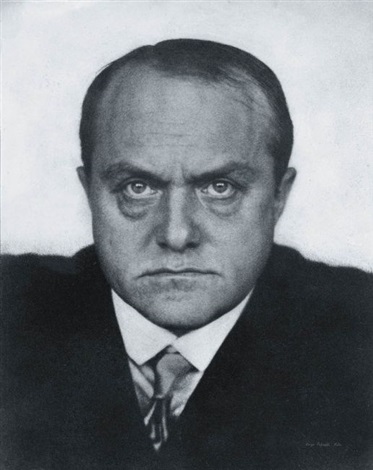Now that increasing numbers of people are stuck at home and sheltering in place, I figured I’d do a little series. Every weekday for the duration of this intense period, I’ll post a short definition of some term in/related to aesthetics and philosophy of art. Let’s see how this goes! See them all here.
Terms of Art #12:
phenomenology

this kitten knows the anguish of feline existence
Pronunciation: feh-NAHM-eh-NAH-luh-JEE (strongest accent on the NAHM, pronounced like nomnomnom)
Definition: Let’s break it down like we did for ontology. Phenomenology, from phenomenon (well, the Greek phainomenon) + –logy = that same ending that makes things into a theory, area of study, or “science”. Phenomenology? The study of phenomena.
~~Interlude definition~~
phenomenon (plural phenomena) – something that is observed or experienced, like an event or occurrence or state or fact or … just like, stuff
Back to the original definition:
But so, like, isn’t basically every science aimed at studying some set of phenomena? Like biology is the study of biological, life-y phenomena. Psychology is the study of mental phenomena. Zoology is the study of animal phenomena… So are all these phenomenology? Is phenomenology just science??
No. Hard no.
Remember the “observed or experienced” part from the definition of phenomenon? That is suuuper important. Phenomenology is the study of our experience, but like, from the inside.

painter Max Beckmann, who also very clearly knows the anguish of feline human existence [source]
The experience of seeing things, or of having a thought, a memory; of joy and love, of deep sorrow; of having something on the tip of your tongue or of feeling a faint and elusive apprehension; the feeling of human existence and of consciousness and of BEING ALIVE – THAT is the stuff phenomenology is interested in. How do we explain that stuff? What would it even mean to give an explanation of that stuff, or to understand or characterize or communicate it to someone else?
Maybe it’s not possible.
But maybe art can help us do it.
Related:
Sometimes “phenomenology” refers a specific movement in philosophy. (If you hear somebody labeled a “phenomenologist,” they’re probably part of this movement.) It’s tied together by (a) key figures and (b) a methodology. The methodology: Let’s think primarily about experience and consciousness without the main goal being to assist or supplement scientific inquiry. Some key figures: Franz Brentano, Edmund Husserl, Martin Heidegger, Edith Stein, Jean-Paul Sartre, Maurice Merleau-Ponty, Simone de Beauvoir, Frantz Fanon.
Not to be confused with:
phrenology – a debunked and racist pseudoscience according to which people could read off various abilities and traits from the shape of your skull. Phrenology = bad. Phenomenology = good… at least sometimes.


April 8, 2020 at 12:09 am
Perhaps my favorite term as an art educator!